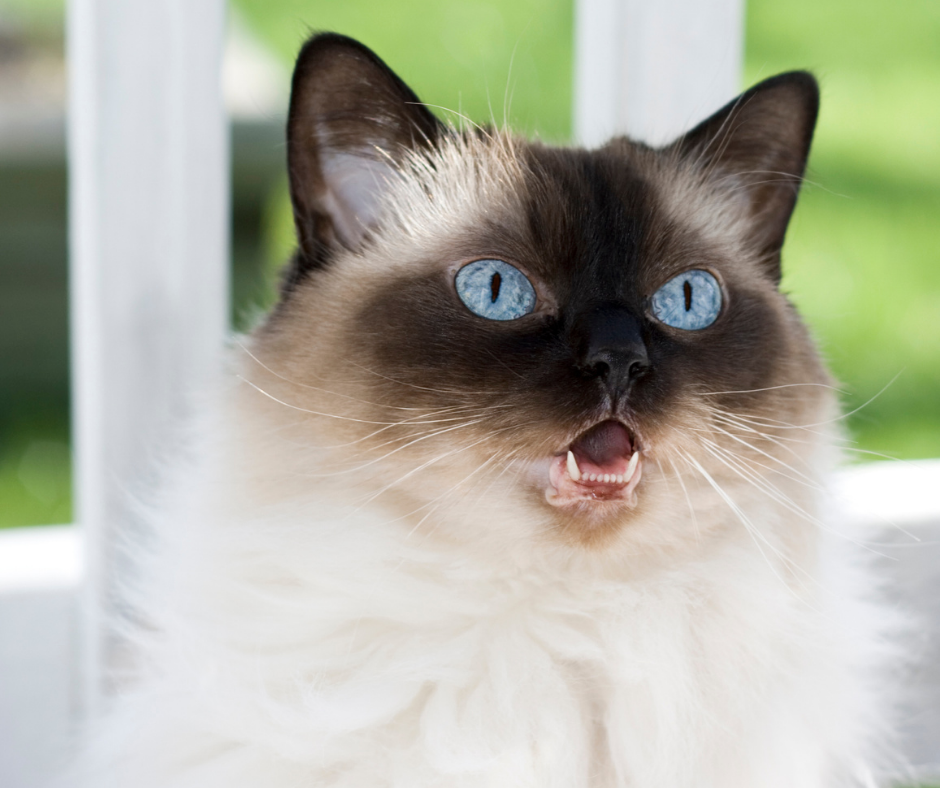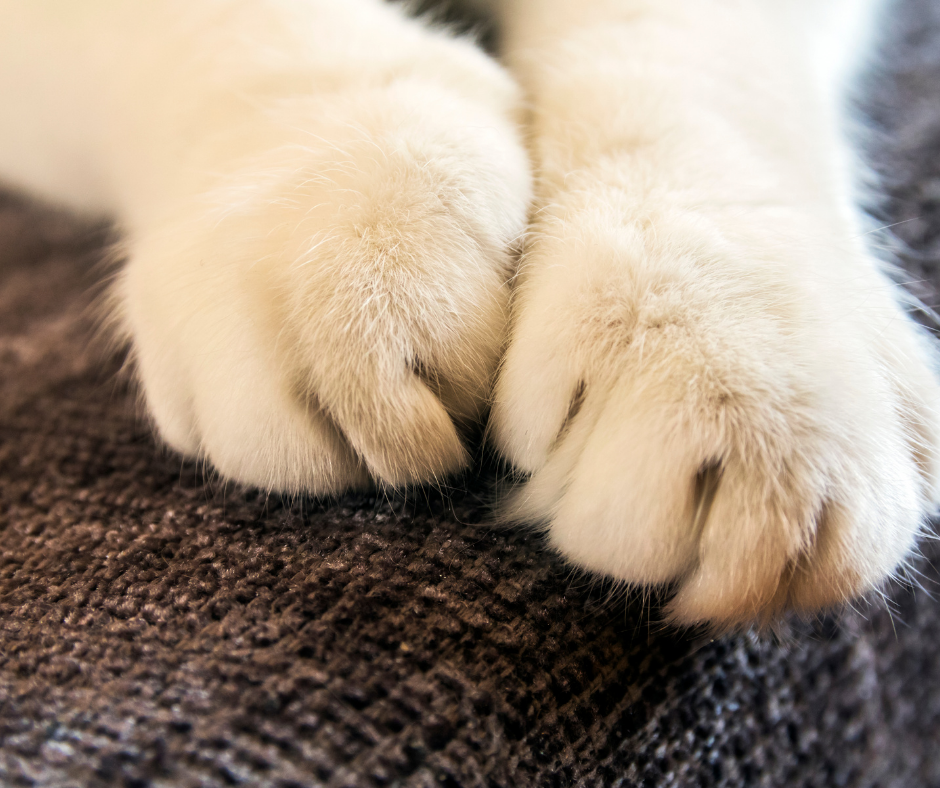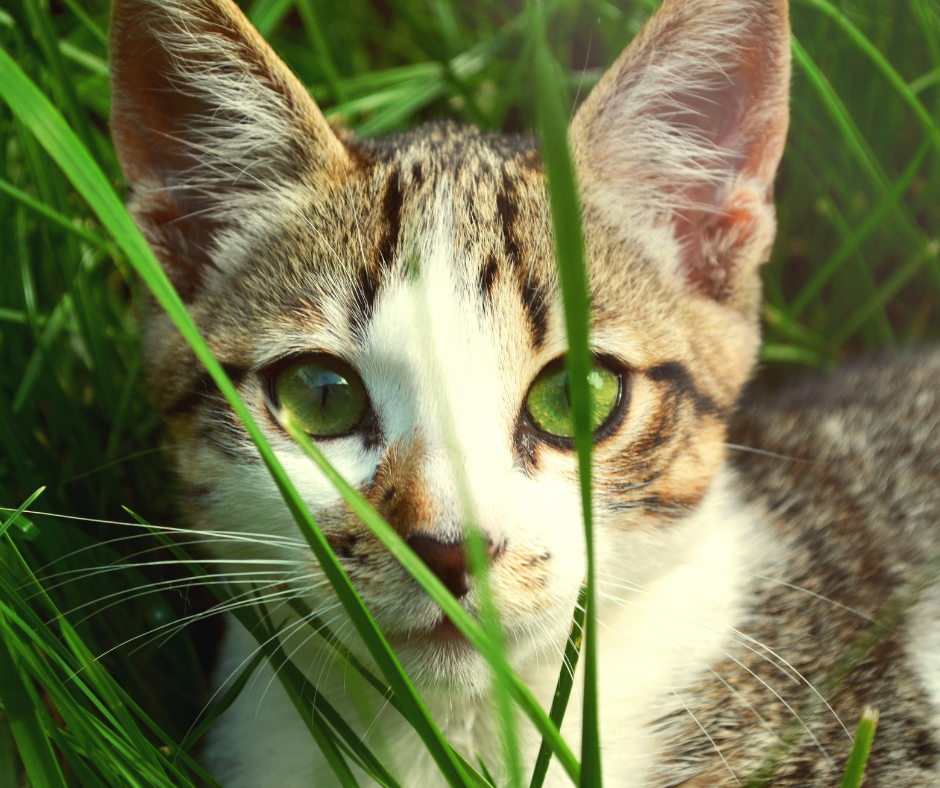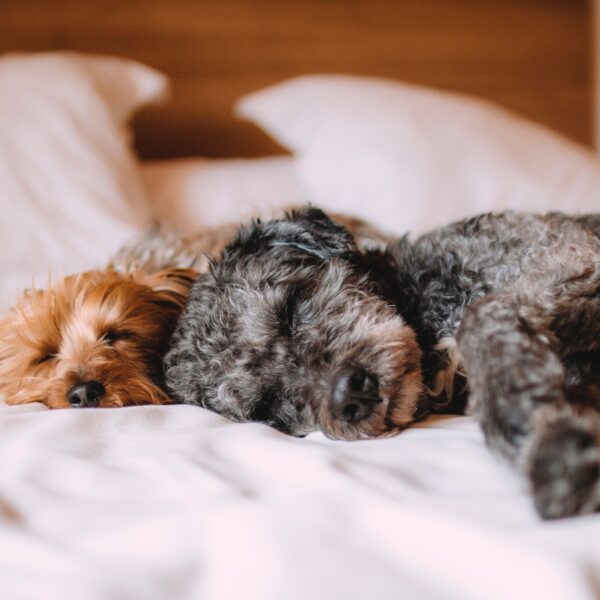Adult cats don’t often meow at each other. So why do they meow at people? Our team have rounded up the answers to your common cat behaviour and body language questions. Read on for our fun feline facts… 🐱
Why do cats meow?
We all know the noise that cats make. So, it might come as a surprise that the famous ‘meow’ we associated with our kitties is mainly used for communicating to us hoomins. Meowing noises are the way in which a kitten will instinctively vocalise to their mum. When they arrive at their new home, they continue this method of ‘speaking’ to their human family. This actually means that if you respond to your kitten, they may continue to be more chatty throughout life. However, adult cats do not generally communicate with each other in this way and instead use a variety of other sounds, touch and body language to get their point across.
Meows are certainly effective at getting our attention! But do you know how to work out what your cat’s meow means? They use these sounds for a range of reasons – from saying hi, to asking for (or demanding) food. Scientists have been researching how to better interpret what your pet is trying to tell you, and there are even mobile phone apps that claim to ‘translate’ from cat speak. Interesting stuff!

Why do cats purr?
Purring is generally a sign that your cat is feeling relaxed and happy. Many cats purr if they are enjoying a stroke or feeling comfy in their chosen nap spot. We think that kittens purr as a way of bonding with their mother, and they may in turn find her own purring noises soothing. However, it’s not always a good sign – some individuals purr when they are feeling nervous or even when they are in pain. This is why it is important to take into account the overall body language of your cat including other vocalisations, and general body posture.
Why do cats lick you?
Cats lick their own fur when grooming, and have little barbs on their tongue to help with this. This means that when a cat licks you, their tongue will generally feel quite rough. If your cat licks you, this behaviour might indicate that they are trying to bond, and they will often lick other pets for the same reason. Other reasons for licking their owners, or co-pets, is to mark their territory or as a coping mechanism if they are feeling stressed.
Why cats knead
Does your cat knead your lap like bread dough? This is a common behaviour in our feline friends, and luckily they tend to keep their claws tucked away – although not always! Kneading originates from kittenhood when it helps to stimulate milk flow from their mum at meal-times. Incidentally, this is why some adult cats still dribble when they knead 😺. Kneading is usually a sign that your cat is feeling happy and comfortable, and could even be their way of expressing affection.

Why cats eat grass
We don’t know for sure why cats have a munch on the lawn, especially as they are obligate carnivores. Some people think that they eat grass when feeling nauseous to help bring up hairballs, but there is limited evidence either way. It is most likely that their wild ancestors evolved to have the occasional nibble at some vegetation, and that it had some behavioural or health benefits – maybe reducing gastrointestinal parasites. Take care that your pet is not eating vegetation that has been treated with pesticides, as these can be harmful to their health with some being extremely toxic.

How do cats show affection?
We’ve already discussed some of the ways that cats communicate their affection towards their owners – from the way that your cat meows, to licking and kneading! Another display of affection could include rubbing their head against you, although this can also just be to mark you as their own territory… Their display of affection can also be more subtle and you might find that your cat likes to sit close to you when they are relaxing, or enjoys following you about the home.
Follow us on Facebook and Instagram for more pet facts and advice. Plus, visit our cat article hub here.


